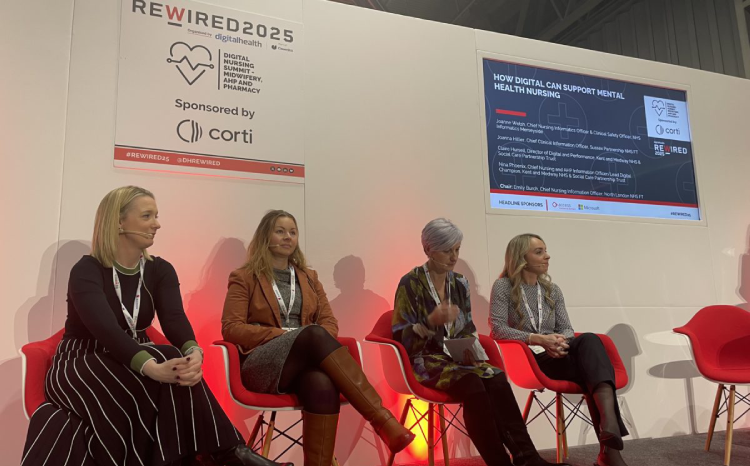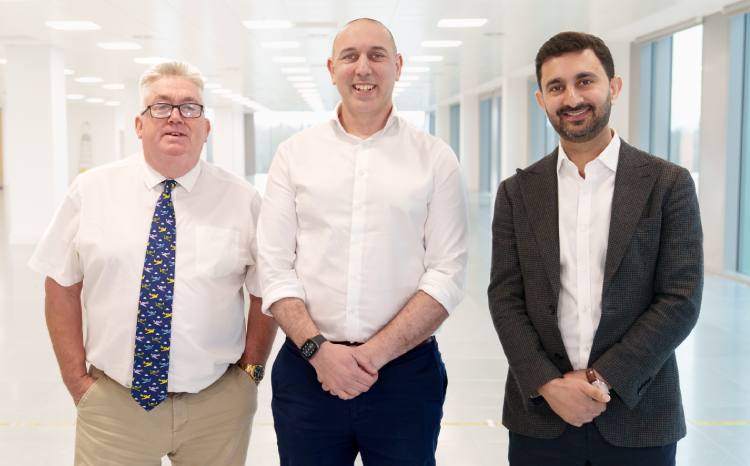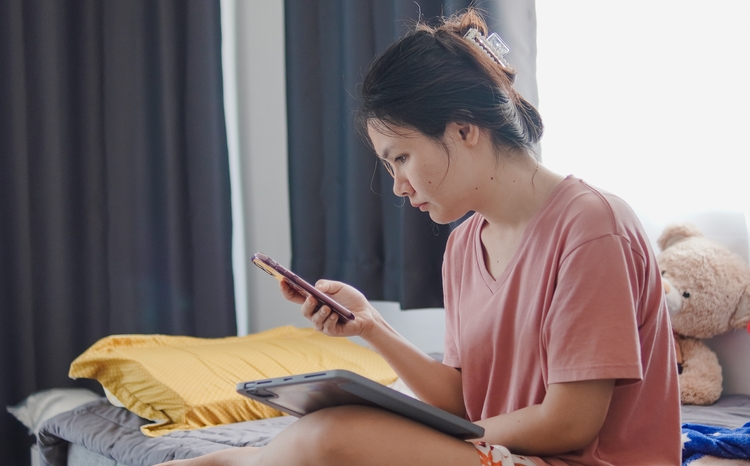Getting mental health care right as Covid-19 forces us to go digital

Since the onset of Covid-19 in the UK, there’s been a strong focus on using digital tools for appointments that do not require a hospital visit. Digital Health News spoke to a number of experts about how can clinicians can better serve mental health patients who may find the change unsettling.
Flexibility around how digital appointments are provided, offering choice to patients, and ensuring the technology is well connected and allows for good eye contact are just some of the ways we can ensure mental health patients are properly catered for during the outbreak, according to Dr James Reed, consultant psychiatrist chair of the Digital Health CCIO Network.
“We should avoid the trap of thinking that the way we have done things up to now is the gold standard, often it isn’t and there are other and better ways,” Reed said.
“In the past we have tended to go down one particular route and we haven’t really made the most of old tech like the telephone. Now we have a range of ways and we should make full use of it, from simple chatbots and online CBT at one end, to a mixture of face to face in person, video calls, emails, self-help delivered via apps at the other.
“In the current crisis we have been able to get through a lot of the barriers and the natural creativity of staff has driven some really innovative practice.”
His comments follow concerns raised by Martin Marshall, chair of the Royal College of GPs, that digital services may be “storing up” problems for patients in the future.
“I consulted with four patients digitally yesterday who had significant Covid-related anxiety/depression. Two of the four had a history of mental health problems. It’s not easy to make an emotional connection without face to face contact. What problems are we storing up for the future?” he tweeted.
Reed said there are risks, but in the same way there are also risks involved in patients being seen in clinics.
“This seems to perpetuate the usual stigma of our patients being somehow different from any other patients when I don’t think that they are,” he told Digital Health News.
“I think the way to mitigate it is to be flexible about how we do a ‘digital’ appointment. There is a range of ways, from emails, SMS messages, phone calls, video calls, and I think we need to think about which of these is most appropriate for particular patients and choose which might suit them best.
“The other angle of course is that digital appointments might actually be better than traditional face to face ones. Someone recently told me of a patient with whom they had an SMS based appointment which really suited their transactional style and they had a much better interaction than when they met face to face.”
Professor Joe McDonald, psychiatrist CCIO at Cumbria, Northumberland, Tyne and Wear NHS Foundation Trust, said mental health “lends itself to online consultation”.
“I think digital first has much to offer in terms of getting patients to do more pre-assessment before appointments, filling in rating scales and assessments which would normally take up time in the appointment,” he said.
“I know GPs have reduced face to face appointments by 75% and I expect they will never go back to pre-covid, I suspect the same will be true in mental health.”
Reed adds that if we “get digital right” it will make services more accessible.
“I don’t see why adopting a digital first stance should cause things to fall behind – if we do it in the right way it should accelerate things. People have to wait far too long for their first contact with services and that period of time is particularly important at the start of the illness,” he said.
“If we get the time to first appointment much shorter – even it is a remote/digital one – then I think that can only be a good thing for mental health care.”
A patient perspective
Rosie Weatherley, information content manager at mental health charity Mind, suggests patients test the technology before a remote consultation to avoid any anxiety of software failing during the appointment.
“At this time when we are being asked to physically distance from other people, online communities and social media offer people a chance to connect and other each other support,” she told Digital Health News.
“For some people, they actually find it easier to communicate online rather than in person or over the phone. Being online can also help some us talk more honestly about how we are feeling and connect with others, especially if we are going through a difficult time.
“However, while online therapy can be beneficial for some people, it’s important it doesn’t become a substitute for face-to-face therapy delivered by a qualified practitioner, and that it’s offered alongside a range of other treatment options. For some, having a therapist they see in person will be really crucial to building a trusting relationship and helping them manage their mental health.”




